What’s the Buzz with “Crossover” Alcohol Products?

What are “crossover” products?
The term “crossover alcohol product” or “co-branded alcohol product” refers to an alcoholic product that is marketed with a similar brand name, logo, or packaging of an existing non-alcoholic brand. Examples include well-known brands of juice, soda, iced tea, iced coffee, and other beverages, which often have the word “hard” or “spiked” in the name. These crossover products have recently been increasing in availability across the United States, which has caused concerns related to public health and safety.
What are the concerns?
A main concern about these products is the similarity to their non-alcoholic counterparts. In many cases, the packaging and labeling designs are nearly identical which could cause confusion among consumers, or perhaps even accidental product selection and purchasing. A related concern is the placement of crossover alcohol products in retail stores. If crossover products are placed near their non-alcoholic counterparts or other non-alcoholic products, this may also cause confusion among consumers about which product they are selecting and purchasing. However, since these products are so new, there has not yet been research conducted on the impact on consumer choice and preference.
A major concern is crossover product appeal to youth. Youth are large consumers of the non-alcoholic counterparts. The 2023 Healthy Youth Survey found that 86% of Washington 10th graders reported drinking a sugar-sweetened beverage in the past week. It is possible that exposure of these crossover beverages, particularly those that use the same brand or logo as what they currently drink, may play a role in youth appeal. Research has shown a link between alcohol advertising exposure and substance use among young people.
Beyond familiarity with product brands, crossover alcohol products also tend to use many of the same non-alcoholic packaging and labeling elements that have been shown to be especially appealing to youth including cartoons, bright colors, images of fruit and other flavors, and other elements used to market juice, soda, lemonade, iced tea, and other non-alcoholic beverages. However, more research is needed to better understand how crossover alcohol products specifically may impact youth perceptions and risk for use as these products become more available.
What is being done?
In the absence of current research, some states have taken the lead in a proactive approach to regulate crossover alcohol products. Illinois and Virginia have both issued rules related to crossover alcohol product placement in retail stores, labeling, and signage with the goals of preventing confusion among consumers and limiting appeal to youth. In addition, a recent industry coalition commitment in June 2024 also focused on strategies to limit consumer confusion and avoid advertising and marketing to people under the age of 21.
In summary, crossover alcohol products have quickly expanded which has caused concerns related to consumer confusion and youth appeal. While a few rules and commitments have been issued, comprehensive regulation and guidance is currently lacking. Additional research is needed on how crossover alcohol products impact public health and safety.








